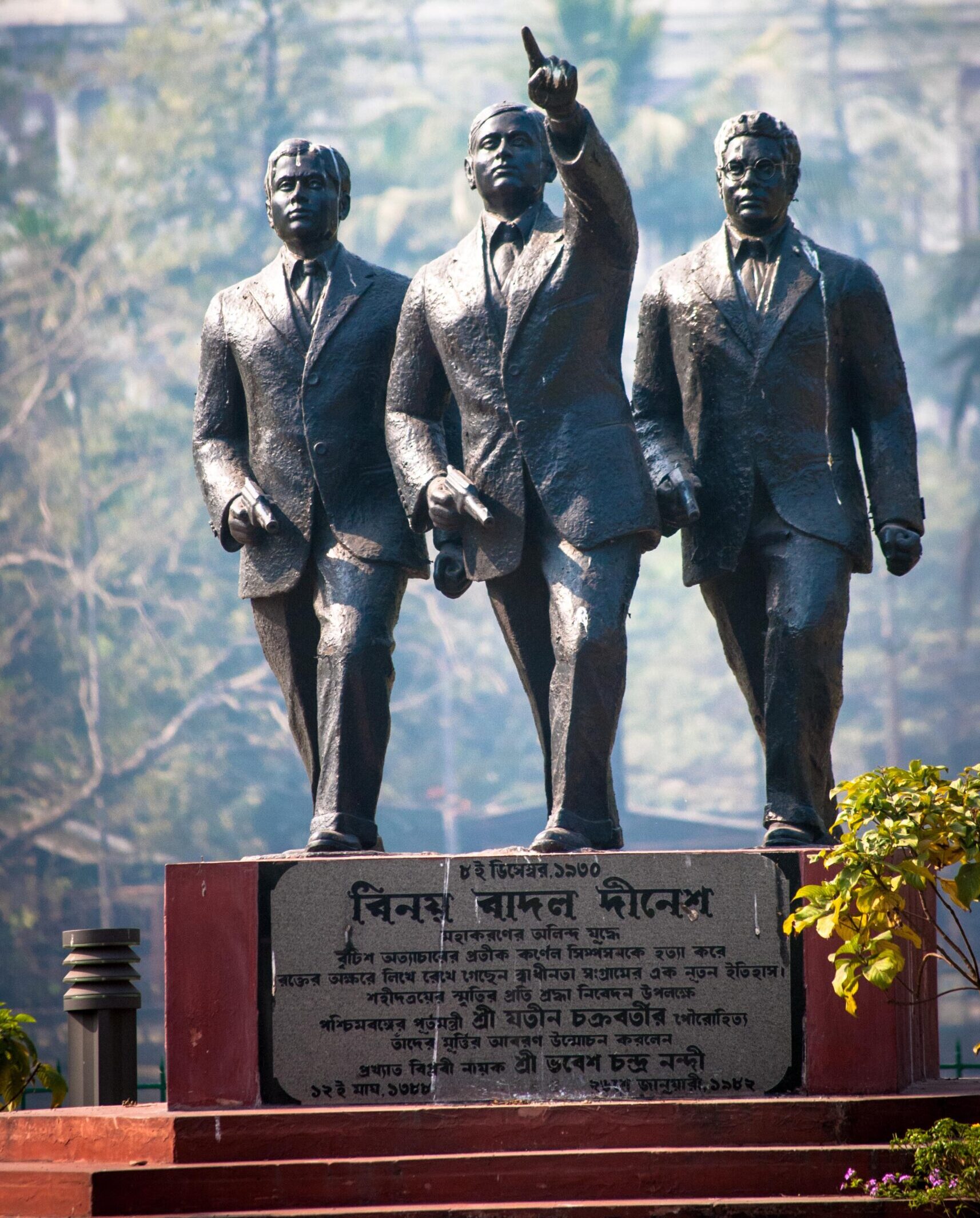The writing of academic history seems to be in a crisis. Historical monographs pour from the university presses—at least 1,200 or so a year—and yet have very few readers. Sometimes sales of academic history books number only in the hundreds; if it weren’t for library purchases, their sales might be measured in the dozens. Most people, it seems, are not interested in reading history, at least not the history written by academic historians. Although some blame this situation on the poor teaching of history in the schools, most critics seem to think that the problem lies with the academic historians themselves. They don’t know how to write history, at least the kind of history that people want to read. After all, David McCullough and other popular historians sell hundreds of thousands of history books. If they can do it, why can’t the academic historians write better, more readable, more accessible history?
Historians who sell lots of books have always thought that it was their ability to write well that made them popular. Samuel Eliot Morison, a historian who was that rare bird, an academic who was a bestseller during the middle decades of the 20th century, certainly believed that. Academic historians, he said, “have forgotten that there is an art of writing history.” Instead of scintillating stories that move, they write “dull, solid, valuable monographs that nobody reads outside the profession.” Barbara Tuchman, who was America’s most popular historian in the 1960s and 1970s, likewise believed that academic historians did not know how to write. The reason the professors of history have so few readers, she said, is that they have had too many captive audiences—first with the dissertation supervisors, then with their students in lecture halls. They really do not know how “to capture and hold the interests of an audience.” David McCullough agrees, though he is too polite to put it so bluntly. History is in trouble, he suggests, because most academic historians have forgotten how to tell a story. “That’s what history is,” he says, “a story.”
Alas, if it were only that simple. Academic historians have not forgotten how to tell a story. Instead, most of them have purposefully chosen not to tell stories; that is, they have chosen not to write narrative history. Narrative history is a particular kind of history-writing whose popularity comes from the fact that it resembles a story. It lays out the events of the past in chronological order, like a story, with a beginning, middle, and end. Such narrative history usually concentrates on individual personalities and on unique public happenings, the kinds of events that might have made headlines in the past. Since politics tends to dominate the headlines, politics has traditionally formed the backbone of narrative history.
Instead of writing this kind of narrative history, most academic historians, especially at the beginning of their careers, have chosen to write what might be described as analytic history, specialized and often narrowly focused monographs usually based on their PhD dissertations. Recent examples include an account of artisan workers in Petersburg, Virginia, between 1820 and 1865; a study of the Republican Party and the African American vote between 1928 and 1952; and an analysis of the aristocracy in the county of Champagne in France between 1100 and 1300. Such particular studies seek to solve problems in the past that the works of previous historians have exposed, or to resolve discrepancies between different historical accounts, or to fill in gaps that the existing historical literature has missed or ignored. In other words, beginning academic historians usually select their topics by surveying what previous academic historians have said. They then find errors, openings, or niches in the historiography that they can correct, fill in, or build upon. Their studies, however narrow they may seem, are not insignificant. It is through their specialized studies that they contribute to the collective effort of the profession to expand our knowledge of the past.
The writing of these sorts of historical monographs grew out of the 19th-century noble dream that history might become an objective science—a science that would resemble if not the natural sciences of physics or chemistry, then at least the social sciences—economics, sociology, anthropology, psychology—that were emerging at the same time as professionally written history. Monographic history therefore assumes that history is a kind of science; that is, that historical knowledge is accumulative and that the steady accretion of specialized monographs will eventually deepen and broaden our understanding of the past. Although recent critics have mocked the “noble dream” that history resembles a science, the monographs written over the past century have gradually built one upon another to the point where we now know more, and more accurately, about more aspects of past human behavior than ever before.
All those scholarly monographs that Morison called “dull” and “solid” have advanced the discipline in extraordinary ways over the past century. Each of them may not have sold more than a few thousand copies at best, but, as Morison conceded, they were “valuable.” In their multiplicity they are the reason we know much more about the histories of slavery, women, and hosts of other subjects than we ever knew before. They have opened up new areas of research and have penetrated into the most private, subjective, and least accessible characteristics of past life, including marriage, sexual relations, and child rearing. They have exploited demographic data and all sorts of popular nonverbal behavior to reconstruct the lives of masses of ordinary men and women who left no written record. Of course, all these gains have often come at the expense of traditional political or narrative history.
The dream of the historians who organized the American Historical Association more than a century ago has been more than fulfilled. Despite the sometimes gross presentism of much current history writing and despite some historians’ efforts to use history as an ideological weapon in contemporary politics, most historians writing today still yearn to be as objective and as true to the past as historians of the late 19th century did, and most present-day academic historians still judge each other’s works in accord with the standards developed by the generation that created the historical profession over a century ago.
But conceiving of history as a kind of science means that most academic history-writing will necessarily have a limited readership. Like papers in the other sciences, monographic history is written largely for people within the discipline. Since the monographs build upon one another, the writers of these monographs usually presume that readers will have read the earlier books on the same subject; that is, that they will possess some prior specialized knowledge that will enable them to participate in the conversations and debates that historians have among themselves. This is why most historical monographs are often difficult for general readers to read; new and innocent readers often have to educate themselves in the historiography of the subject before they can begin to make sense of many of these monographs.
So advising academic historians that they have to write more stimulating prose if they want to enlarge their readership misses the point. It is not heavy and difficult prose that limits their readers; it is rather the subjects they choose to write about and their conception of their readership as fellow historians engaged in an accumulative science.
The problem at the present is that the monographs have become so numerous and so refined and so specialized that most academic historians have tended to throw up their hands at the possibility of synthesizing all these studies, of bringing them together in comprehensive narratives. Thus the academics have generally left narrative history writing to the nonacademic historians who unfortunately often write without much concern for or much knowledge of the extensive monographic literature that exists. If academic historians want popular narrative history that is solidly based on the monographic literature, then they will have to write it themselves.
Gordon S. Wood is the Alva O. Way University Professor and professor of history emeritus at Brown University. His most recent book is Empire of Liberty: A History of the Early Republic, 1789–1815. This article was first published as a podcast on the web site of the Washington Post.


